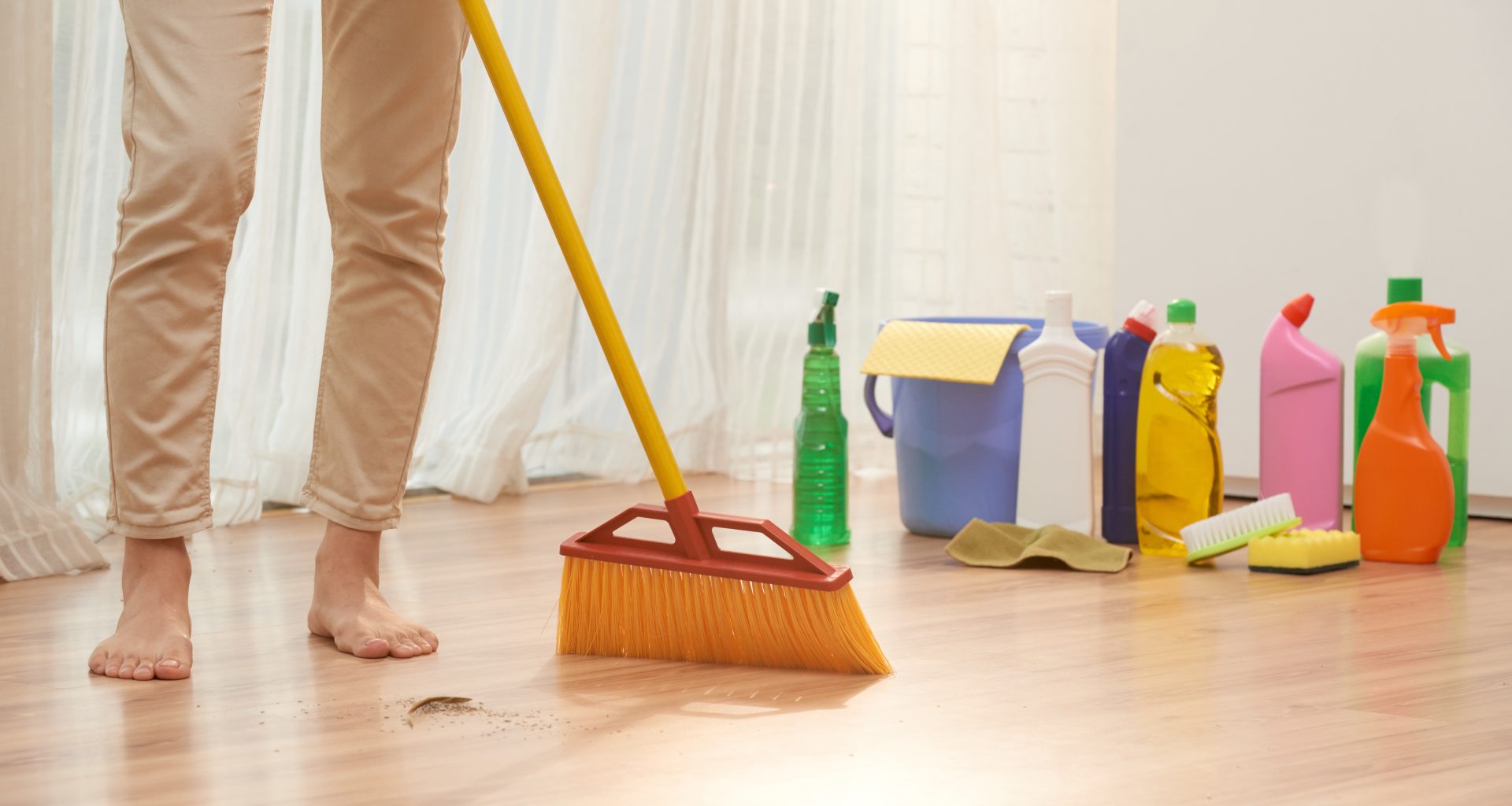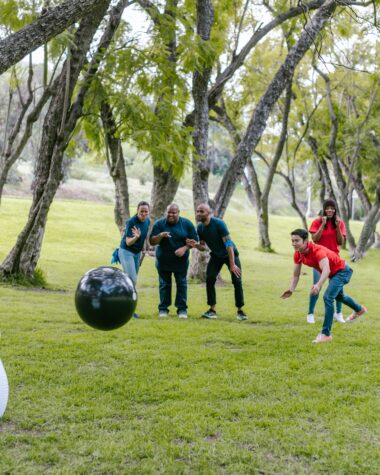Welcome to “The Complete Housecleaning Guide for Adults With Neurodivergence.” In this concise yet comprehensive manual, we navigate the intricate landscape of housecleaning through the lens of neurodiversity. Recognizing the unique challenges faced by neurodivergent individuals, we offer tailored strategies, practical tips, and empathetic insights to cultivate a clean, harmonious living space. From understanding sensory sensitivities to managing executive function differences, each section is designed to empower and support neurodivergent adults on their journey towards a cleaner, more organized home. Join us as we embark on this transformative odyssey towards a space that honors and celebrates neurodiversity.
1. Declutter Your Space
Do you have so much clutter in your home that it’s hard to move around or find anything? Is it full of trash, dirty dishes, or things that don’t have a place? If so, it’s time to declutter!
Decluttering isn’t easy, especially if you’re dealing with sentimental items. It can be helpful to get help from a friend, family member, or professional who can guide you through the process.
It’s also a good idea to start small and work your way up. Pick a space that’s easier to declutter, like the bathroom or your pantry, and focus on it for 10 minutes each day. This will help you make progress quickly and give you a sense of accomplishment, which can be an effective motivator.
2. Break Down Tasks
Cleaning isn’t easy for anyone, but neurodivergent adults can find it especially difficult. Often, it’s difficult to kickstart tasks, find motivation, and stay focused.
Breaking down a task into smaller steps can help. For example, instead of thinking “I need to clean my entire house,” think of it as “cleaning the kitchen.” Once you’ve broken down the task into smaller steps, ask yourself how long each step will take. This will give you a sense of time-bound accountability and make it easier to complete your goal within an acceptable amount of time.
You can also ask for help. Reach out to family members and friends who may be able to offer moral support or lend a hand. They can also be helpful with a variety of household chores, like decluttering and organizing.
3. Set Realistic Goals
Cleaning isn’t easy for anyone, and it can be especially challenging for folks with neurodivergent conditions like ADHD. It can be difficult to kickstart a task or figure out how to break it down, and a lack of structure makes it hard to keep up with chores.
To help manage these challenges, try establishing a regular routine and sticking to it. Set realistic goals and take into account your energy levels when setting a schedule, and make sure to give yourself credit for progress even if it seems small.
It may also be helpful to ask for help. Friends and family can pitch in with specific tasks or provide moral support, and using visual aids such as color-coded calendars or planners can be a great way to stay on track.
4. Ask for Help
When you’re struggling, don’t be afraid to ask for help! Your family members may be happy to pitch in, especially if they know how hard it can be for you. Try phrasing it in a way that doesn’t make you sound like you’re accusing them of laziness or lack of care.
Neurodivergent individuals experience executive dysfunction and sensory issues that can make housecleaning a daunting task. Traditional strategies often don’t work for them, leading to feelings of shame and frustration. This comprehensive guide tackles these struggles head-on, offering practical and compassionate tips to manage cleaning and organization tasks in a way that works for you. This includes breaking tasks down into smaller, more manageable steps and using visual aids to help you stay on track.
5. Visual Aids are Key
Using visual aids can be a life-changer when it comes to a successful housecleaning session. Using calendars, apps, or written lists are all great ways to make sure you are on track with your cleaning schedule. Also, don’t forget to take breaks in between to avoid burnout. It is important to remember that it’s okay if things don’t go exactly as planned, and that the goal is progress, not perfection.
Keeping your living space clean and organized can be challenging for neurodivergent adults, but with the right help, it is possible to build a sense of accomplishment and self-efficacy. By embracing our strengths alongside our areas of difficulty, and using adaptable strategies that respect our unique needs, we can turn spring cleaning from an overwhelming task into an achievable goal.
6. Break Up Your Cleaning Sessions
It’s important to break large, overwhelming tasks down into smaller ones. For instance, instead of cleaning the whole kitchen, start by wiping surfaces and clean appliances. This trick helps you stay focused and manage your time better. Also, try to keep a consistent schedule. This is especially helpful for neurodivergent folks who struggle with executive dysfunction, like ADHD and autism.
Lastly, it’s essential to take breaks. This way, you can avoid burnout and make sure to give your brain a chance to rest. It’s also a good idea to reward yourself for completing a task, as this can increase motivation and positivity. Remember to choose fun, calming rewards and use supplies that bring you joy, like an adorable pink vacuum cleaner or sparkly sponges!
7. Take Breaks
Cleaning can be challenging for anyone, but neurodivergent people can struggle even more to get started, break things down, and stay on task. Ultimately, this can lead to feelings of anxiety and avoidance.
Embracing flexibility and compassionate strategies to manage organizational tasks can make the difference between living in an unorganized mess or maintaining a clean home and work environment. Emphasizing practicality and personal comfort over traditional standards and acknowledging and celebrating progress, no matter how small, can be essential for motivation.
Also Read: Shine Bright: Why Sequin Dresses are the Perfect Choice for Your Next Event
Lastly
In conclusion, the comprehensive housecleaning guide tailored for adults with neurodivergence is a valuable resource designed to empower individuals in managing household tasks effectively. By acknowledging the unique challenges and strengths associated with neurodivergence, this guide offers practical strategies, tips, and customizable approaches to streamline cleaning routines and create more organized living spaces. From breaking tasks into manageable steps to utilizing visual aids and establishing routines, individuals with neurodivergence can cultivate a cleaner and more comfortable home environment that suits their specific needs. By embracing flexibility, patience, and self-compassion, navigating housecleaning becomes an achievable and rewarding endeavor, contributing to overall well-being and quality of life.








